The NIHR Be Part of Research platform is an online service that makes it easy for research participants to find and take part in health and social care research. Participants may search for trials and studies taking place looking at certain health conditions and in locations accessible to them.
Clinical researchers may also make use of the service to extend their recruitment and widen their recruitment methods, as the platform has been designed to make it easier for researchers and potential study participants to find each other.
Using Be Part of Research to recruit participants
To use the service for your recruitment, the study must meet the following requirements:
- Be funded or supported by the NIHR. This includes studies on the NIHR Clinical Research Network Portfolio.
- Have Research Ethics Committee approval to use the service as a recruitment tool.
- Have a dedicated point of contact such as a pre-screener or website for interested volunteers to engage with your research team.
Getting your study onto the Be Part of Research platform
- Keep it short – but don’t oversimplify it. The reader must understand what the study is trying to achieve.
- Imagine you are talking to the reader.
- Take out any jargon.
- Make sure you cover the what, why, when, where and how so they have the basics of your study.
Additionally, to make sure that participants contact the appropriate person, the contact details provided on ISRCTN or ClinicalTrials.gov should be up to date and accurate. In general, the registry record should be monitored continuously so that any changes are reflected on Be Part of Research as soon as possible.
Further support/contact
If you have any questions regarding the platform or regarding clinical research in general, please email Suzy Wignall, Clinical Governance Advisor: swignall@bournemouth.ac.uk or clinicalresearch@bournemouth.ac.uk
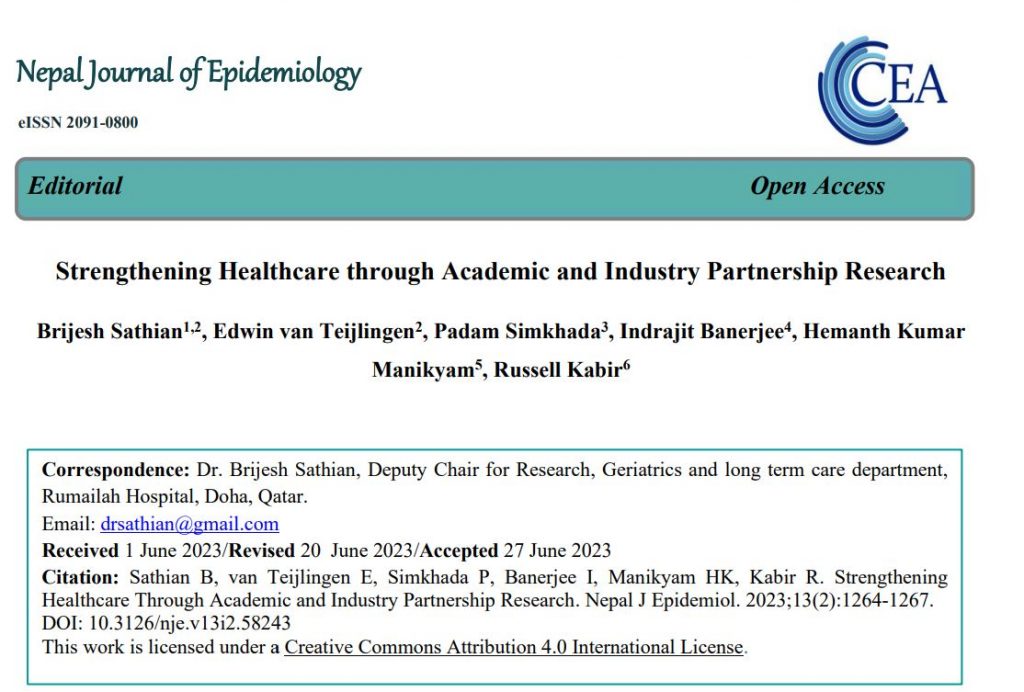
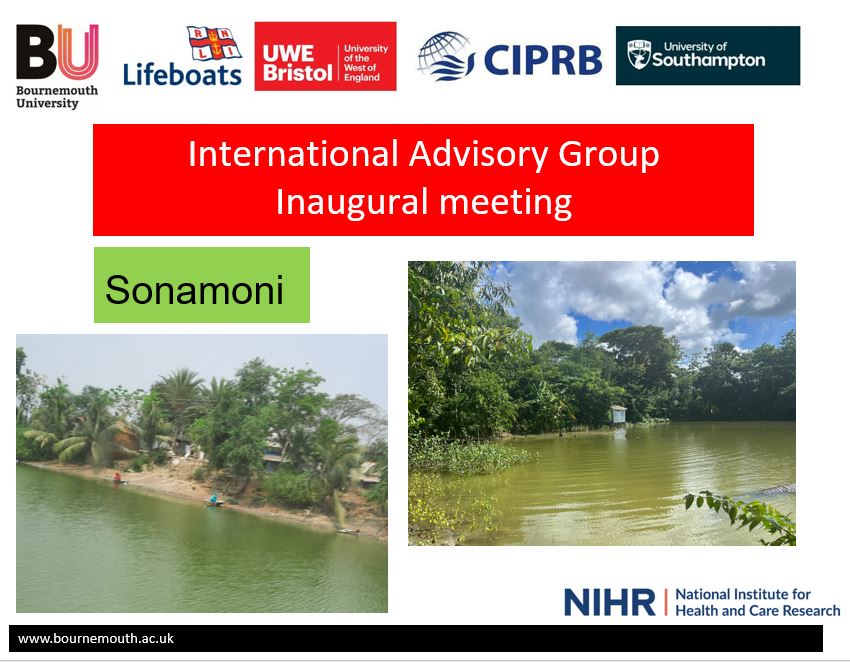


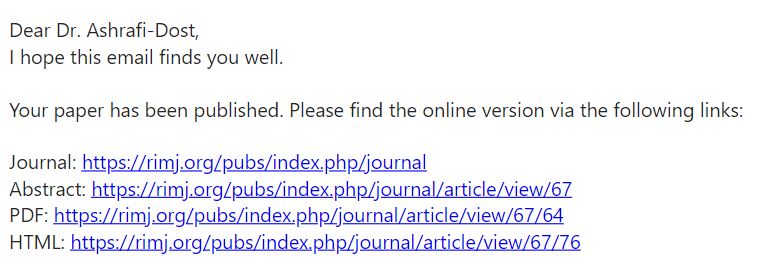
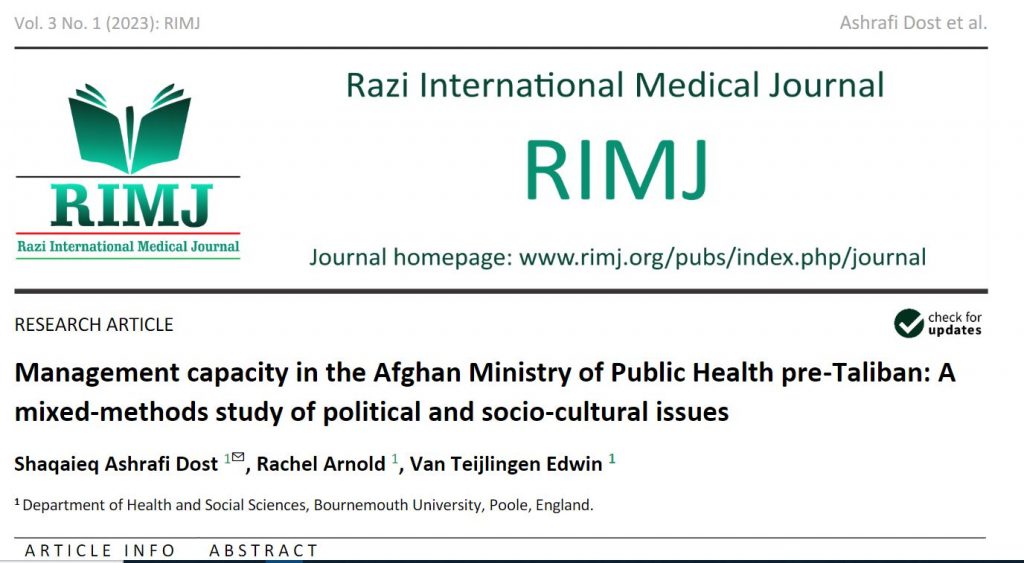

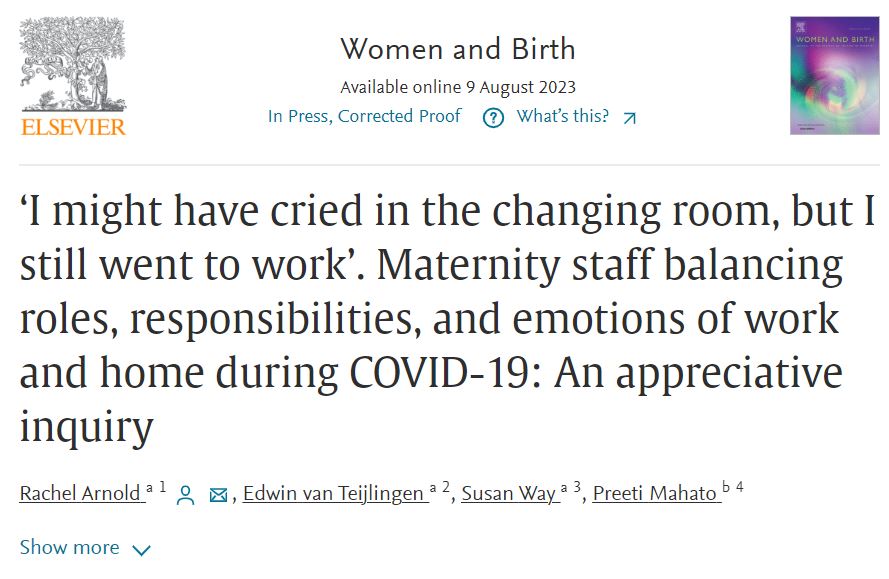




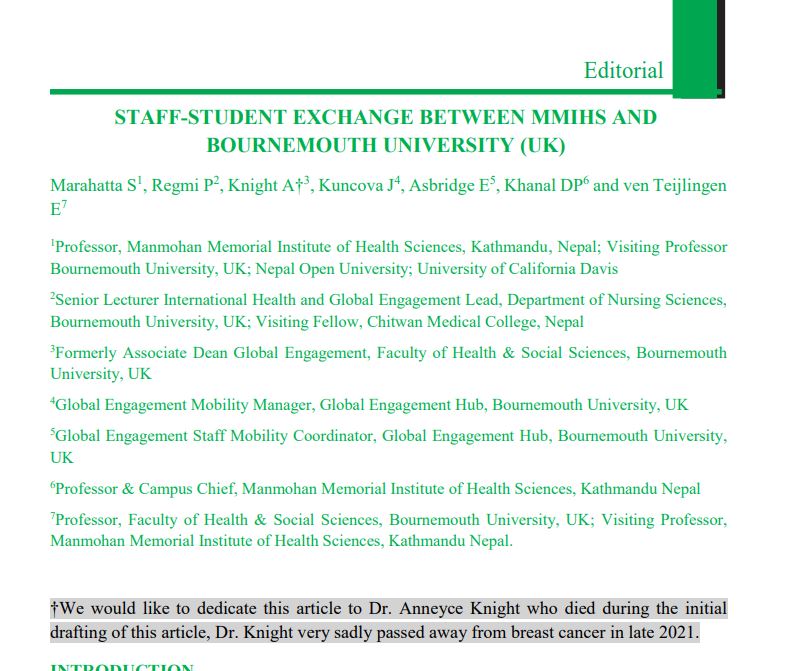




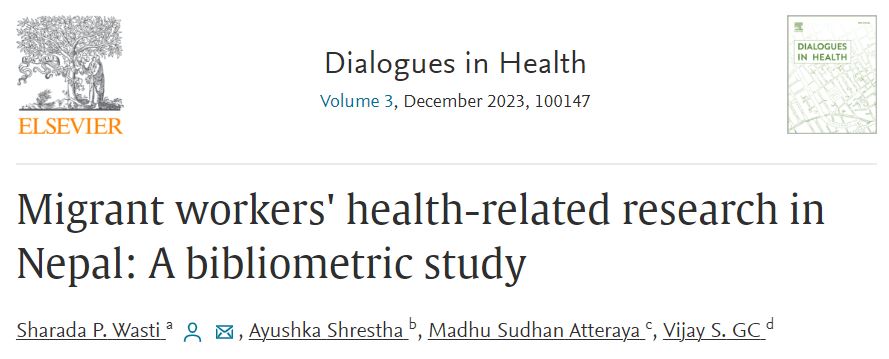
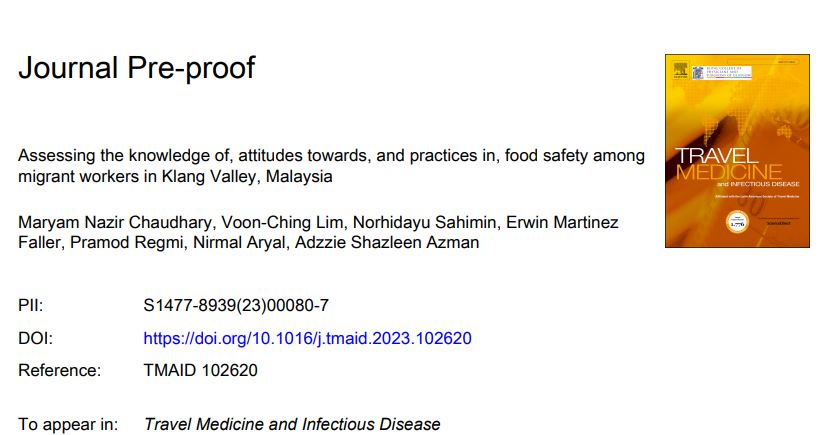
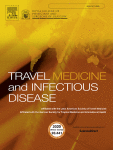

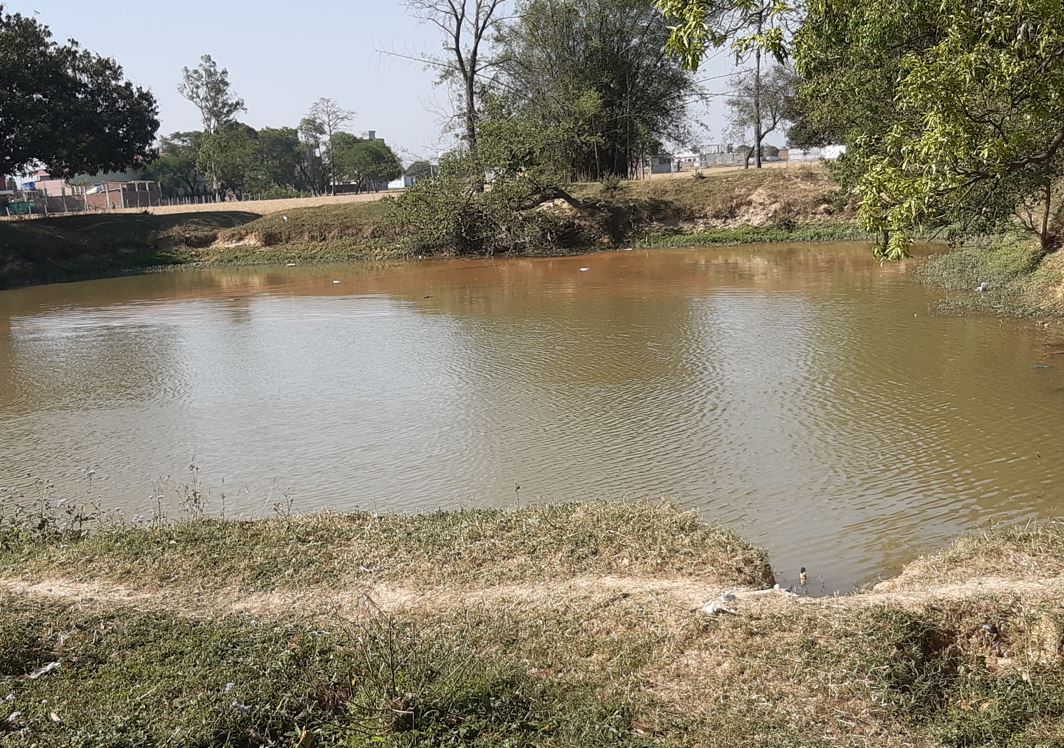

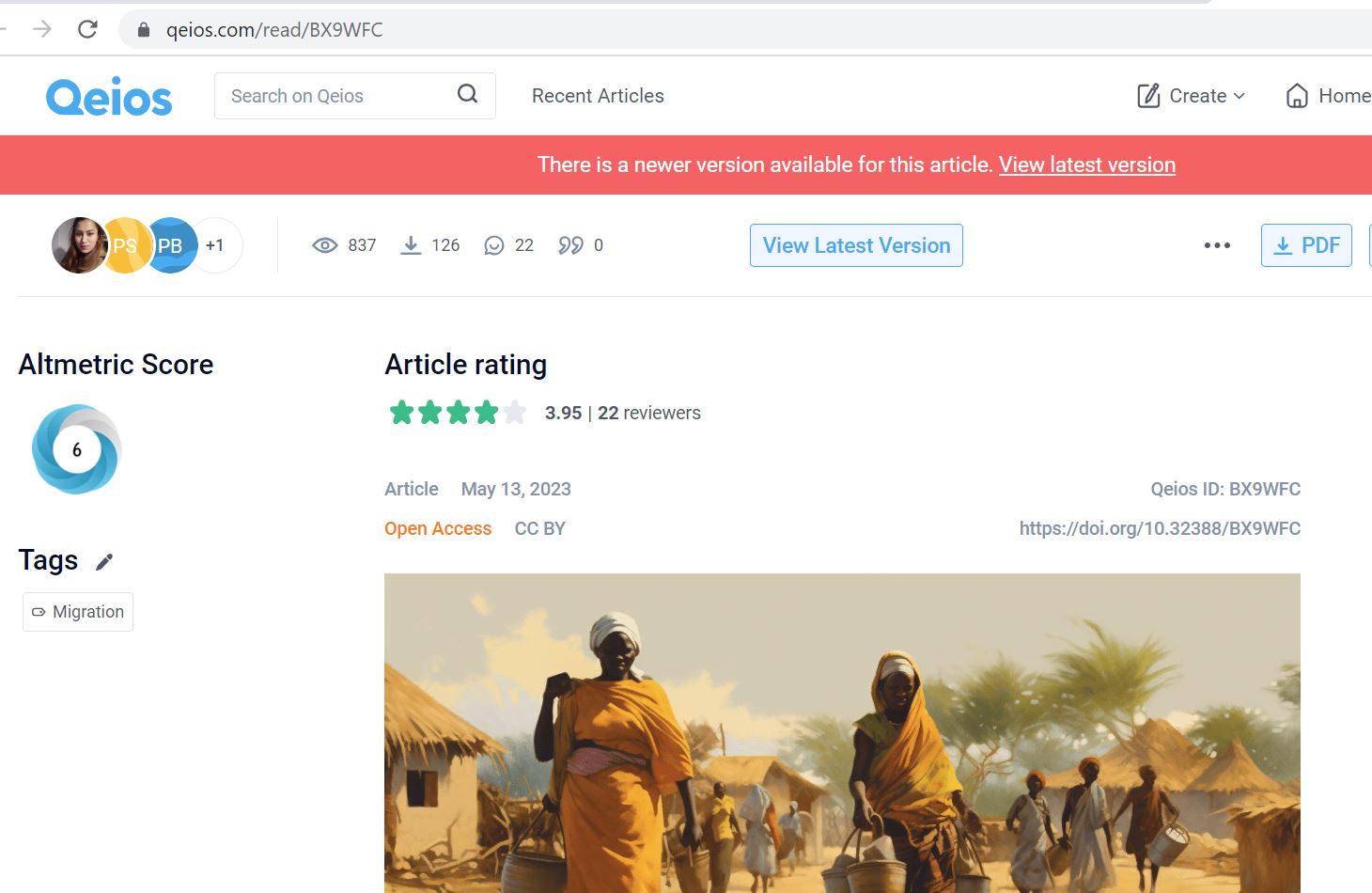
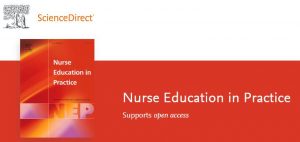


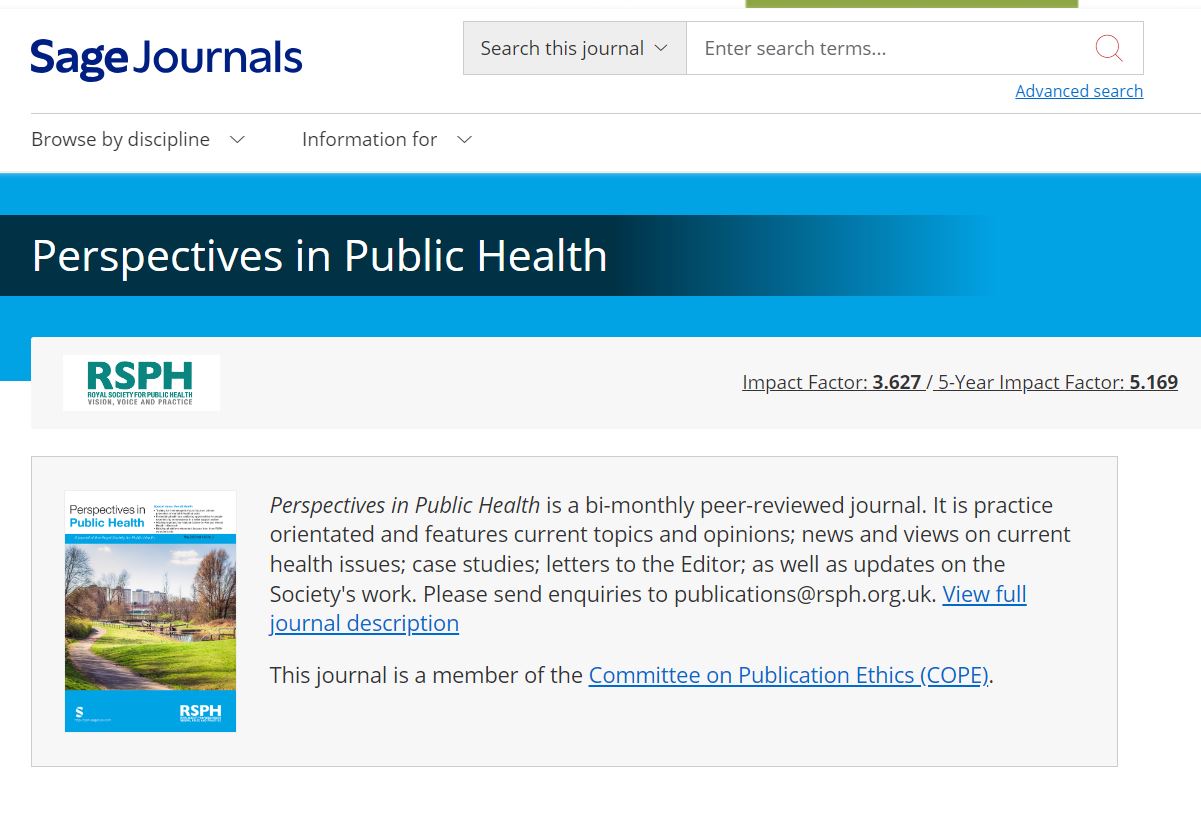
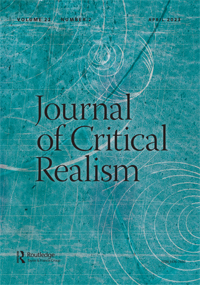
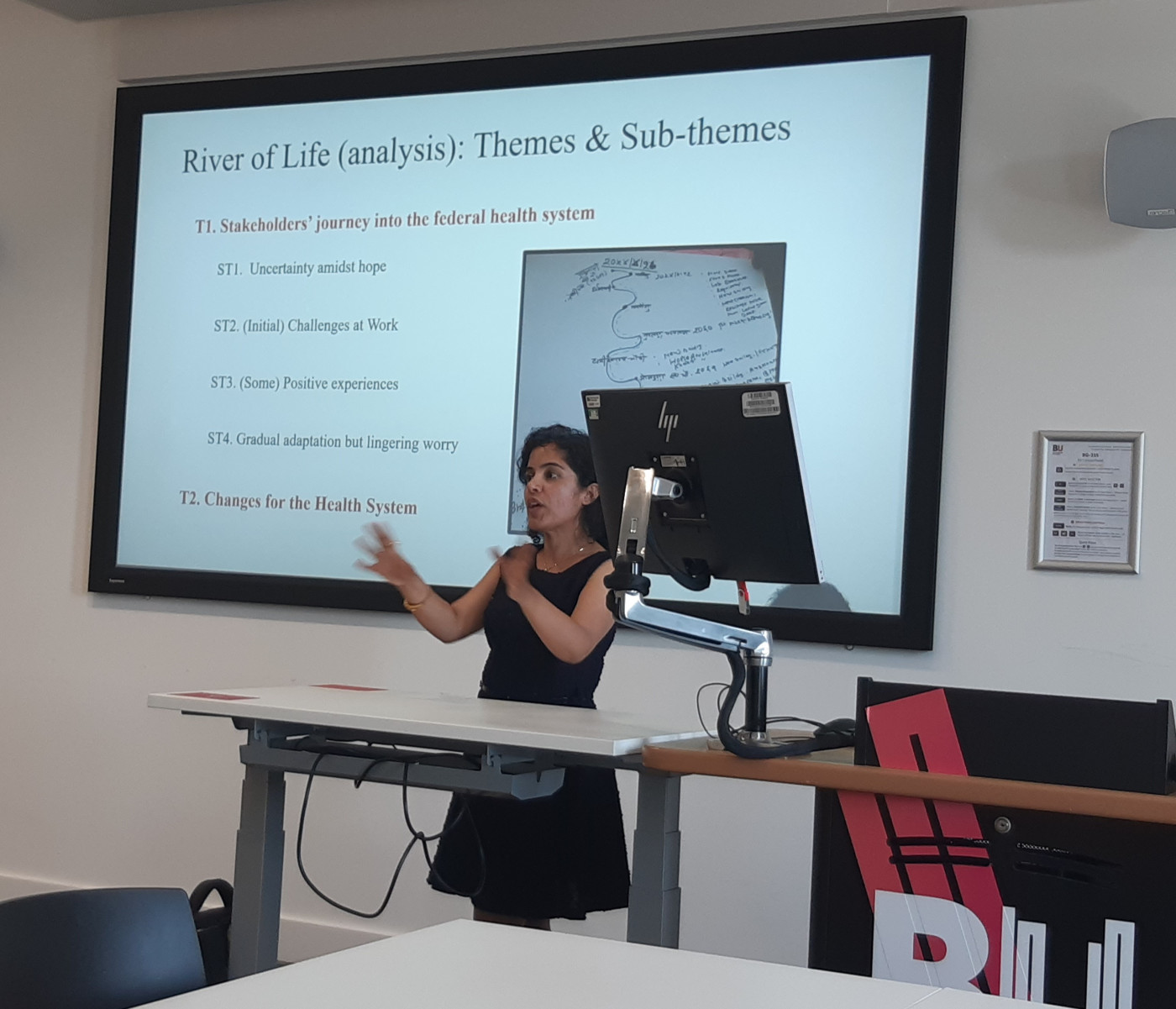

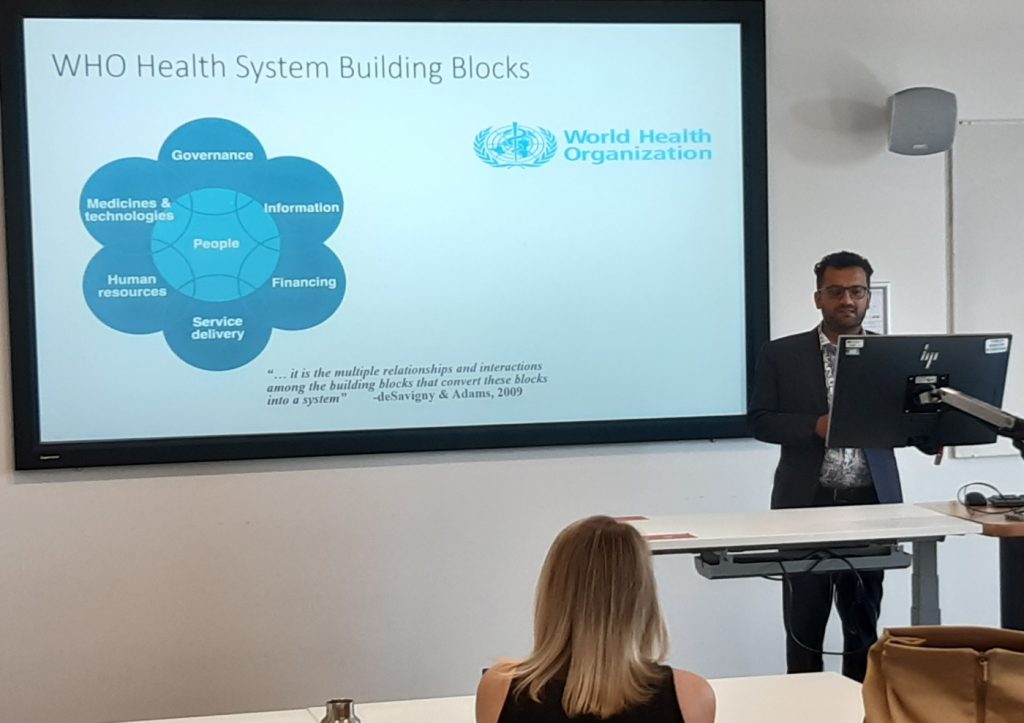
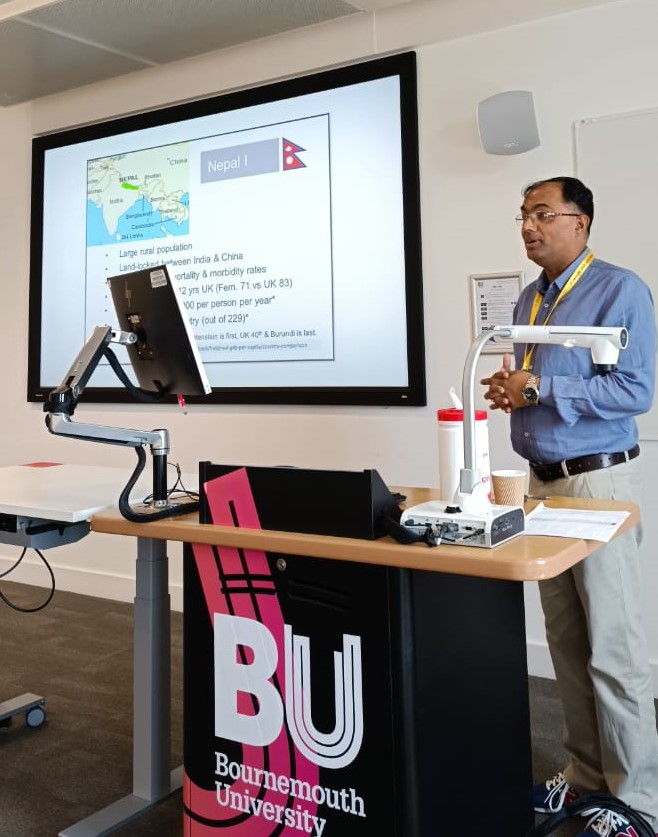
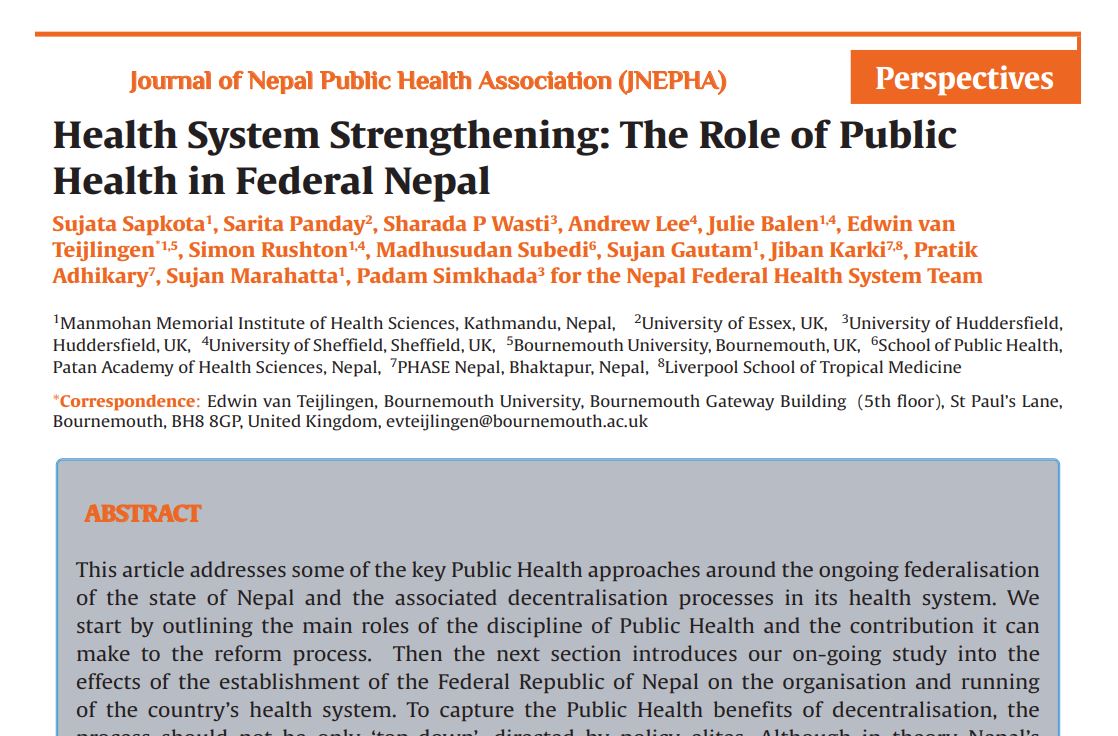











 BU attendance at third annual GCPHR meeting in June
BU attendance at third annual GCPHR meeting in June Interactive Tangible and Intangible Heritage Applications – BU student work featured in new book chapter
Interactive Tangible and Intangible Heritage Applications – BU student work featured in new book chapter Second NIHR MIHERC meeting in Bournemouth this week
Second NIHR MIHERC meeting in Bournemouth this week MSCA Postdoctoral Fellowships 2025 Call
MSCA Postdoctoral Fellowships 2025 Call ERC Advanced Grant 2025 Webinar
ERC Advanced Grant 2025 Webinar Horizon Europe Work Programme 2025 Published
Horizon Europe Work Programme 2025 Published Horizon Europe 2025 Work Programme pre-Published
Horizon Europe 2025 Work Programme pre-Published Update on UKRO services
Update on UKRO services European research project exploring use of ‘virtual twins’ to better manage metabolic associated fatty liver disease
European research project exploring use of ‘virtual twins’ to better manage metabolic associated fatty liver disease